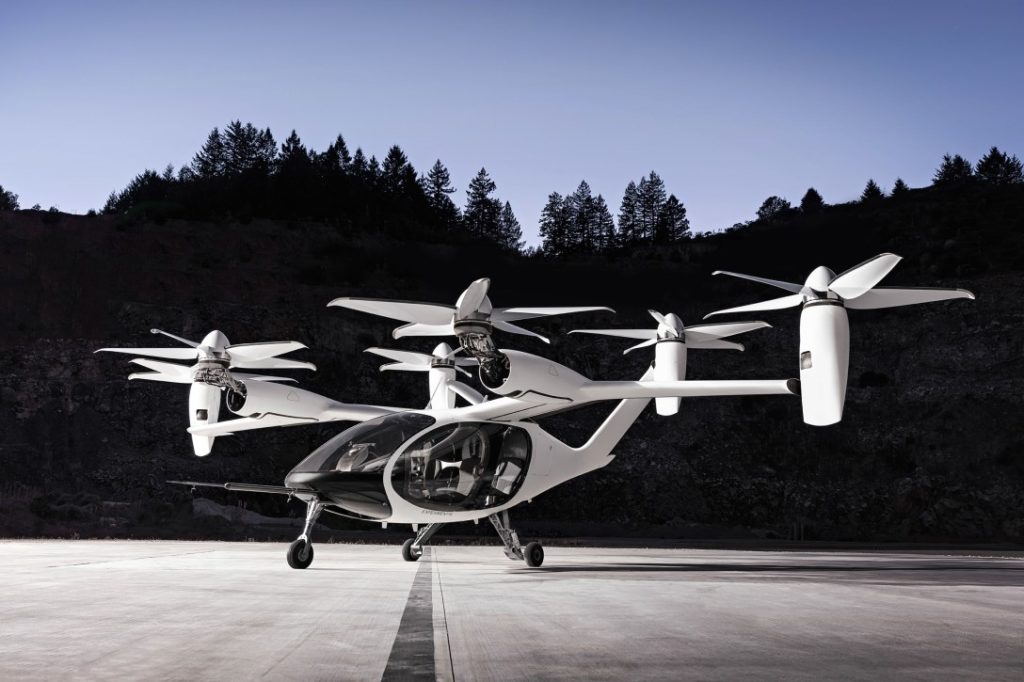“This proposed rule would add electric lifts to these definitions to ensure that the appropriate set of rules applies to airline and certain commercial aircraft operations that FAA regulations define as electric lifts. The FAA is also proposing to update certain basic requirements that apply to airline oversight, such as the content of operational specifications and the qualifications that apply to certain managers. The new rules are an important step for the FAA to integrate new entrant aircraft into the National Airspace System (NAS),” said the draft NPRM.
This change will make eVTOL easier to certify and help the FAA establish an appropriate regulatory framework. The draft NPRM states, “Applying a set of rules appropriate to the range of certificate holder operations serves both as a mitigation measure and as a framework for FAA oversight necessary to achieve the required level of safety. would,” he said. .
As an air mobility publication transport up “Importantly, the NPRM extends not only to Parts 121 and 135, but also to Parts 91, 125, and 136, providing a regulatory push to the foreseeable application of eVTOL use cases beyond just point-to-point transportation. We ensure scope and effectiveness.”
From the proposed NPRM:
Operating with electric lifts can offer many advantages over traditional rotorcraft. For example, some electric lifts may be able to transport heavier loads at higher altitudes and faster cruising speeds than rotorcraft, while maintaining vertical take-off and landing capabilities. Such capabilities could increase efficiency in transporting crews and supplies to remote locations such as offshore oil rigs. Operators can also use electric lifts to transport passengers point-to-point. For example, such transport could originate from a helipad and proceed at the airspeed and range of a turboprop. Other opportunities may also exist in concentrated urban environments. There, short point-to-point distances coupled with vertical capabilities may enable more efficient passenger or cargo transportation than existing ground transportation methods.
Joby Aviation, a manufacturer of passenger eVTOLs, achieved Part 135 certification (related to on-demand or commuter operations) earlier this year. The company plans to use conventional aircraft for logistics in preparation for the launch of commercial eVTOL services in 2024.
